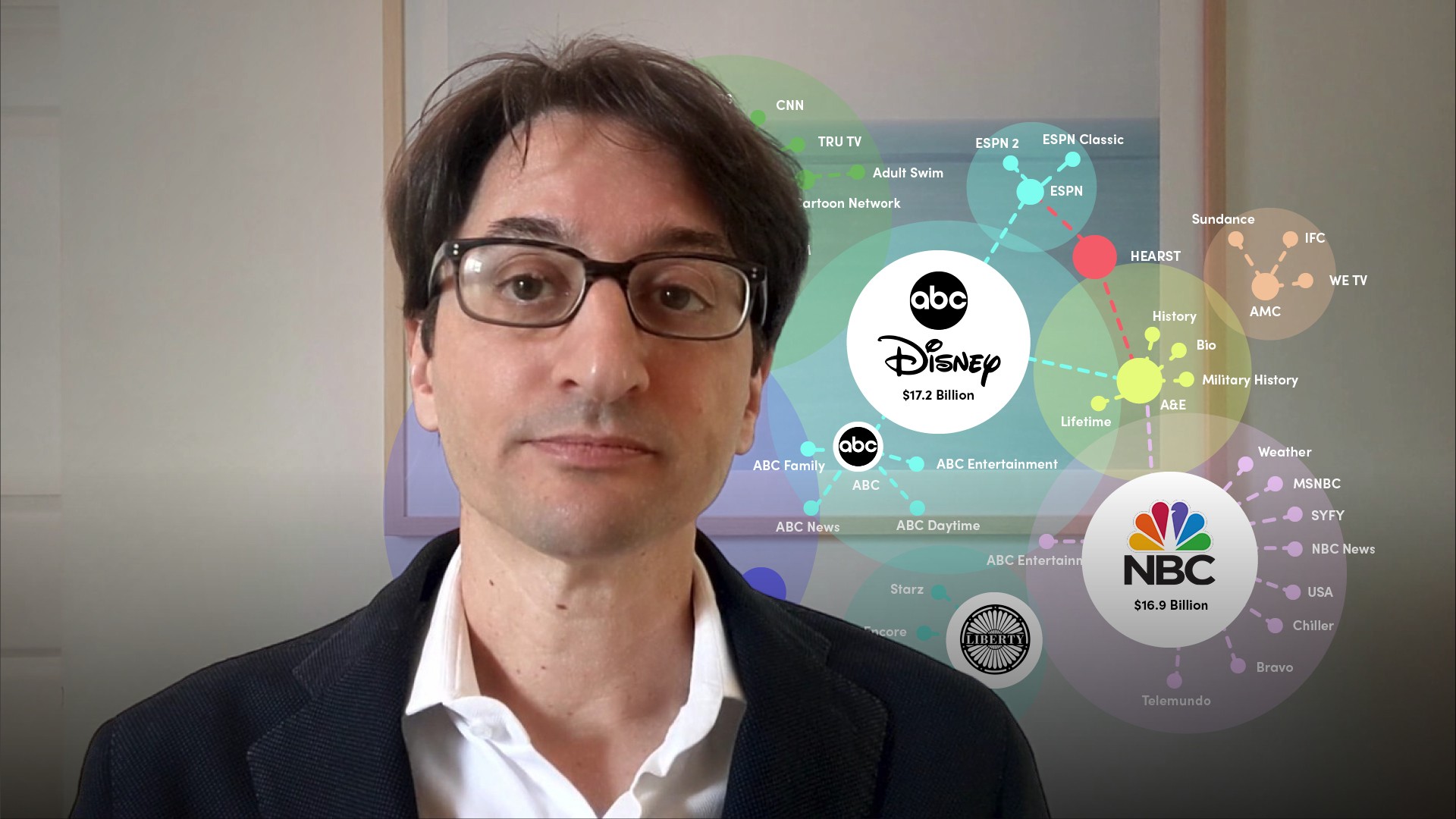
The Three Categories of Unintended Consequences

Paul Orlando
25 years: Systems specialist
In this video, Paul talks us through the three main categories of unintended consequences, i.e., "Unexpected benefits", "Unexpected drawbacks" and "Perverse results"
In this video, Paul talks us through the three main categories of unintended consequences, i.e., "Unexpected benefits", "Unexpected drawbacks" and "Perverse results"
Subscribe to watch
Access this and all of the content on our platform by signing up for a 7-day free trial.

The Three Categories of Unintended Consequences
10 mins 45 secs
Key learning objectives:
Understand the three main categories of unintended consequences
Overview:
There are three categories of unintended consequences. The unexpected benefit, which is a positive but unplanned outcome, The unexpected drawback, in which we create a problem that is apart from the problem we wish to solve, And perverse results, wherein in trying to solve a problem, we actually make it worse.
Subscribe to watch
Access this and all of the content on our platform by signing up for a 7-day free trial.
What are the three main categories of unintended consequences?
- Unexpected benefits - With this category of unintended consequence no second-level thinking is involved. Once we notice the outcomes, those outcomes should be direct and predictable. We can often make these so-called “unexpected benefits” happen again if we take the same actions. Unexpected benefits of some sort are impossible to not find as long as you think broadly and creatively. They are simpler to understand, perhaps, because the benefits created often do not involve the actions of people.
- Unexpected drawbacks - This type of unintended consequence occurs when the goal was to improve “A” and we later learn that in the process, we made “B” worse. These are also referred to as “externalities.”
- Perverse results - ‘Perverse Results’ happen when our goal was to improve “A” but we actually make “A” worse. These are often the most frustrating category of unintended consequences.
Subscribe to watch
Access this and all of the content on our platform by signing up for a 7-day free trial.

Paul Orlando
There are no available Videos from "Paul Orlando"



























